10 Delicious Alternatives to Caraway Seeds You’ll Love
Caraway seeds have a distinct, slightly sweet and peppery flavor that adds complexity to breads, stews, and sauerkraut.
When caraway seeds are unavailable, various spices and seeds can serve as effective substitutes, each bringing a unique twist to your dishes.
Options like fennel seeds, cumin, or anise provide similar aromatic profiles, while others such as dill seeds offer a milder flavor.
These ten best substitutes for caraway seeds offer versatile choices that can adapt to different culinary contexts.
Understanding the flavor nuances helps ensure your recipe maintains its intended taste.
Whether baking rye bread or preparing a savory stew, these alternatives keep your cooking flavorful and creative.
Discover practical tips for selecting and using the perfect caraway seed replacement.
The Overview of Caraway Seed
Caraway seed is a small, crescent-shaped spice with a warm, nutty flavor and a hint of licorice. It comes from the dried fruit of the caraway plant, which belongs to the parsley family.
Many European and Middle Eastern recipes use it to add depth to bread, cabbage dishes, and sausages. Rye bread often relies on caraway for its signature taste.
Many people toast the seeds lightly before adding them to bring out their natural oils. The flavor works well in both savory and sweet recipes, especially when paired with apples, potatoes, or roasted meats. Even a small amount can shape the overall flavor of a dish.
Why You Might Need a Caraway Seed Substitute
Caraway seed isn’t always easy to find in every kitchen or store. Some recipes call for it, but not everyone enjoys its strong, licorice-like flavor. A few people also avoid it due to allergies or taste preferences.
Even when you plan ahead, it’s easy to run out just when you need a small amount. Certain dishes can still turn out great with other seeds or herbs that offer a similar warmth or earthiness.
Whether the goal is a milder flavor, a quicker option, or simply using what’s already on hand, a good substitute can help save the dish without much stress.
Ideal Alternatives for Caraway Seeds
Caraway seeds bring a warm, earthy bite. Without them, you can still hold onto that distinct taste. Choosing the right replacement keeps the dish true to itself.
Fennel Seeds
Fennel seeds offer the perfect replacement for caraway in many recipes because they come from the same plant family and share that distinctive anise flavor.
Their slightly sweeter profile brings lovely hints of floral citrus with subtle bitter notes that complement dishes beautifully.
Most cooks appreciate how simple it is to swap them in at a 1:1 ratio, making recipe adjustments stress-free.
Home chefs often reach for fennel seeds first when caraway isn't available since the flavor similarity creates such reliable results.
These versatile seeds work wonderfully in breads, stews, and pickling recipes where that characteristic licorice note matters most.
Aniseeds
Caraway seeds can be easily replaced with aniseeds, which share that distinctive licorice flavor many recipes call for.
Unlike caraway, aniseeds lack some aromatic complexity and offer a slightly sweet taste similar to fennel with more herbaceous notes instead of citrus undertones.
Some people detect hints of basil and tarragon when using aniseeds in their cooking.
The potency difference matters when making this swap - aniseeds pack more punch than caraway seeds.
For best results, use half the amount of aniseeds as the recipe requires for caraway (if a recipe needs 2 teaspoons of caraway, just 1 teaspoon of aniseeds will do).
These seeds work particularly well in breads, cookies, and many European dishes where that signature flavor is essential.
Coriander Seeds
Coriander seeds add a unique flavor to dishes with their earthy, slightly nutty taste and hints of citrus.
Many cooks reach for them when caraway seeds aren't available since they offer similar soothing notes and subtle heat, though they lack caraway's signature licorice flavor.
The gentle sweetness of coriander, with its curry undertones and floral aroma, makes it a fantastic alternative in most recipes.
For best results, you can enhance the substitution by mixing coriander with a small amount of aniseed to better mimic caraway's distinctive profile.
Simply use coriander seeds in a 1:1 ratio whenever caraway is called for in your recipe.
Cumin Seeds
Caraway substitutes often include cumin seeds, which share similar nutty and spicy characteristics, though many people find cumin a bit too earthy and warm compared to caraway.
Cumin provides a robust flavor with subtle lemony notes and peppery undertones, making it somewhat comparable to caraway in certain aspects.
The main difference lies in cumin's lack of anise flavor and its distinctive smokiness that can be quite pungent in dishes.
For this reason, cumin works best as a caraway replacement only in savory recipes and should be used sparingly to avoid overpowering more delicate foods.
When using cumin instead of caraway, a simple 1:1 ratio works well for most recipes where the earthy flavor won't detract from the overall dish.
Dill Seeds
Dill seeds deserve more spotlight for their remarkable versatility in cooking, especially as a zesty substitute for caraway seeds.
These tasty seeds share similar licorice and citrus notes with caraway but offer a milder profile that won't overpower your dish.
The main difference lies in dill's grassy finish rather than the earthier tones of caraway, plus that distinctive dill flavor some folks may not enjoy.
Many chefs appreciate how dill seeds enhance fish dishes while providing an easy 1:1 swap for caraway in recipes.
Even kitchen beginners can experiment with this simple substitution to create delicious meals at home.
Dried Oregano
Dried oregano is an excellent substitute for caraway seeds in many recipes, offering a peppery, herby taste with a slightly bitter edge that works well in savory dishes.
Most home cooks already have this versatile herb in their pantry, eliminating the need for special shopping trips when caraway isn't available.
The main difference lies in oregano's more pungent flavor profile and sharper herbal finish, notably lacking the citrus and licorice notes that characterize caraway.
For best results, this replacement should be used sparingly and in a specific ratio - just 1 teaspoon of dried oregano can effectively replace 2 teaspoons of caraway seeds in your cooking.
Despite not being a perfect match, oregano provides enough complexity to maintain flavor depth in dishes where only a small amount of caraway would typically be needed.
Mustard Seeds
Mustard seeds offer a pleasantly spiced flavor with nutty, earthy notes that make them an excellent substitute for caraway in many recipes.
These tiny powerhouses are widely available in most grocery stores and might already be sitting in your spice cabinet, ready to use whenever needed.
Different varieties bring slightly different qualities to your dishes, with some offering subtle sweetness while most provide a distinctive spicy kick similar to wasabi.
The main difference from caraway is that mustard seeds lack those light citrus and licorice undertones, so they work best in savory applications where those notes aren't essential.
For easy cooking, just replace caraway with mustard seeds in a simple 1:1 ratio and enjoy the robust flavor they bring to your meals.
Nigella Seeds
Nigella seeds, commonly called black cumin or black onion seed, serve as an excellent replacement for caraway seeds when you need something different.
These small black seeds bring a complex flavor with herby notes and slight bitterness, making them stand out in many dishes.
The aromatic quality combined with hints of licorice and subtle black pepper undertones creates depth in breads, curries, and vegetable dishes.
Simply use them in the same amount as caraway seeds (1:1 ratio) for seamless substitution in most recipes.
Star Anise
Star anise is a fantastic substitute for caraway seeds with its distinct licorice flavor that brings warmth and sweetness to dishes.
The balanced combination of earthy, bitter, and peppery notes makes it an intriguing alternative in many recipes where caraway is called for.
Most cooks appreciate how star anise adds depth to soups, breads, and meat dishes, though it lacks the subtle citrus undertones present in caraway.
Because star anise packs a much stronger punch than caraway seeds, you should use it sparingly at a 1:4 ratio- just ¼ teaspoon of star anise can replace a full teaspoon of caraway.
This powerful spice works best in slow-cooked meals where its complex flavor has time to mellow and blend with other ingredients.
Cloves
Cloves provide an excellent alternative for caraway seeds, offering a wonderfully nutty, sweet aroma that's both fragrant and pungent.
Most home cooks prefer their sweet taste with just a hint of astringency over caraway's distinct bitter kick.
The cost-efficiency of cloves makes them particularly appealing for regular cooking needs when caraway isn't available.
For perfect results in your recipes, simply use a 1:4 ratio when substituting- just ¼ teaspoon of cloves replaces a full teaspoon of caraway seeds.
These aromatic spice buds can enhance breads, meats, and vegetable dishes while maintaining similar flavor profiles to the original ingredient.
Choose the Right Caraway Seed Substitute by Dish
Not every caraway seed substitute works the same in every recipe. Some shine in baked goods, while others hold up better in brines or slow ferments. Here are some examples to consider.
Best Substitute for Baking
Baking often calls for caraway seed to add depth and a hint of spice, especially in rye bread or savory muffins.
Fennel seed makes a great substitute here. It has a mild, sweet flavor that blends well into baked dough without standing out too much. A small pinch goes a long way and still gives that warm, familiar touch.
Anise seed can also work, though it's a bit stronger, so it's best used in smaller amounts.
Best Substitute for Pickling and Ferments
Pickling and fermenting need a seed that can handle tangy liquids without fading.
Dill seed works best in this case. It has a clean, slightly bitter flavor that holds up well in brine. The texture is close to caraway, so it won’t feel out of place in the jar.
Coriander seed also works for a more citrusy twist, especially in vegetable ferments.
Fresh vs. Toasted Seeds for Caraway Seed Substitute: Which One is Better?
Fresh and toasted seeds each offer something different when used as a caraway seed substitute.
Fresh seeds taste milder and slightly sweeter, making them a good choice when you want the flavor to stay soft and gentle. Toasted seeds have a deeper, nuttier taste with a hint of smokiness that stands out more in cooked dishes.
Toasting also helps release the oils, which makes the flavor stronger and more noticeable. For baked goods or recipes with long cooking times, toasted seeds usually work better. In lighter dishes or when using raw, fresh seeds keep the flavor balanced without taking over.

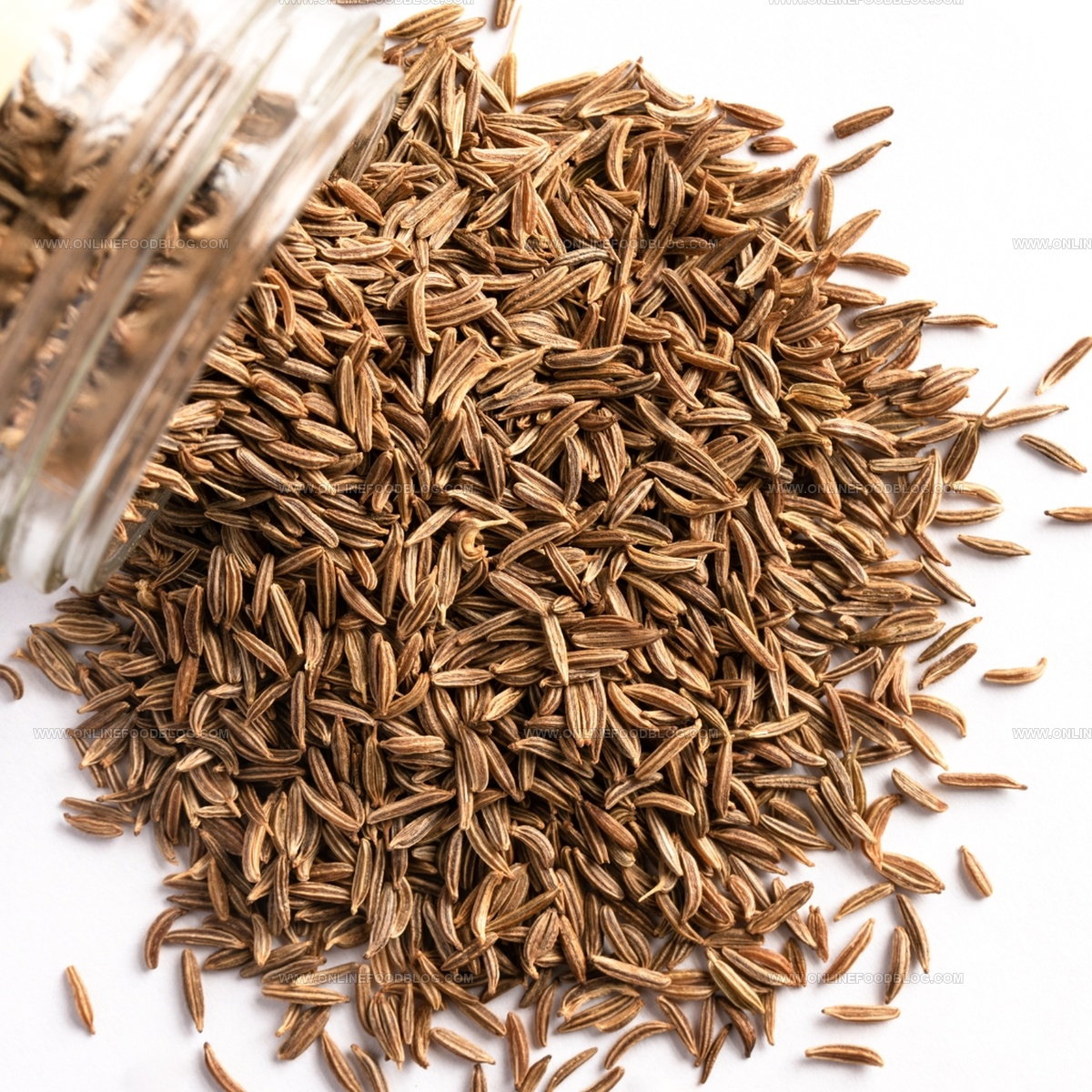
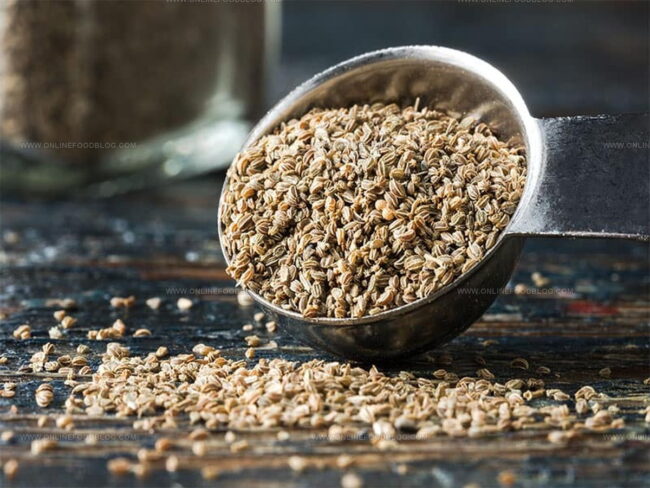
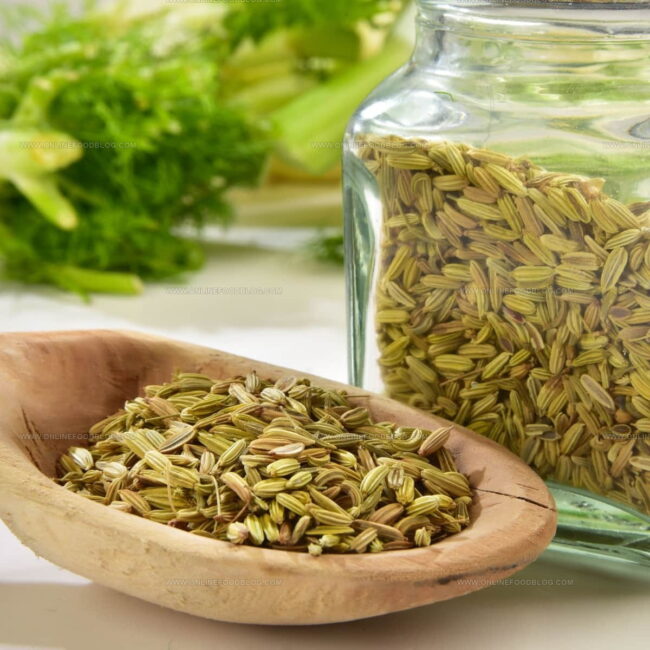
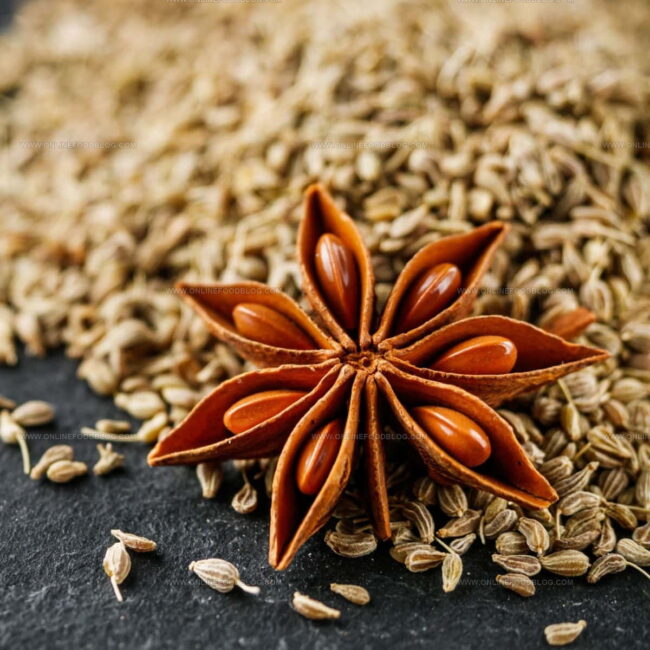
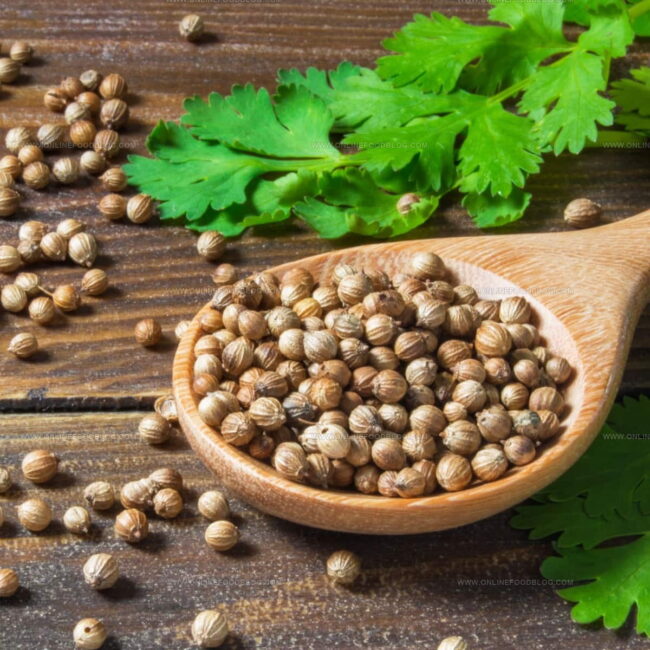
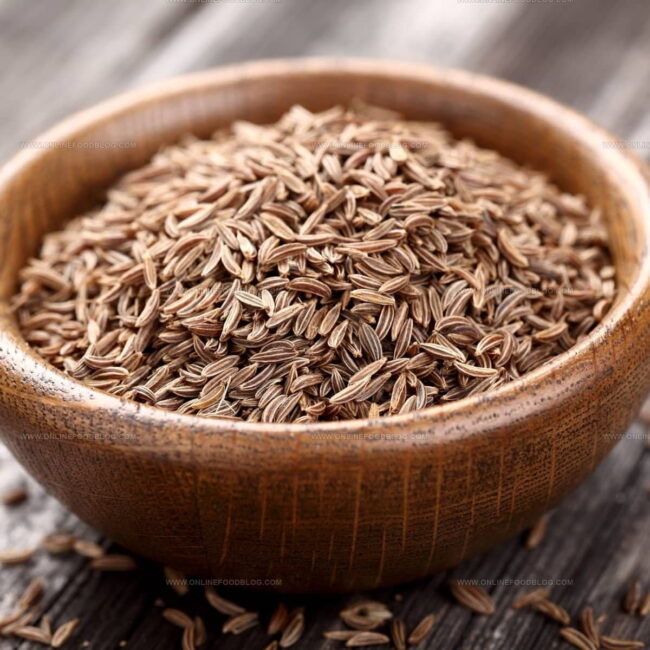
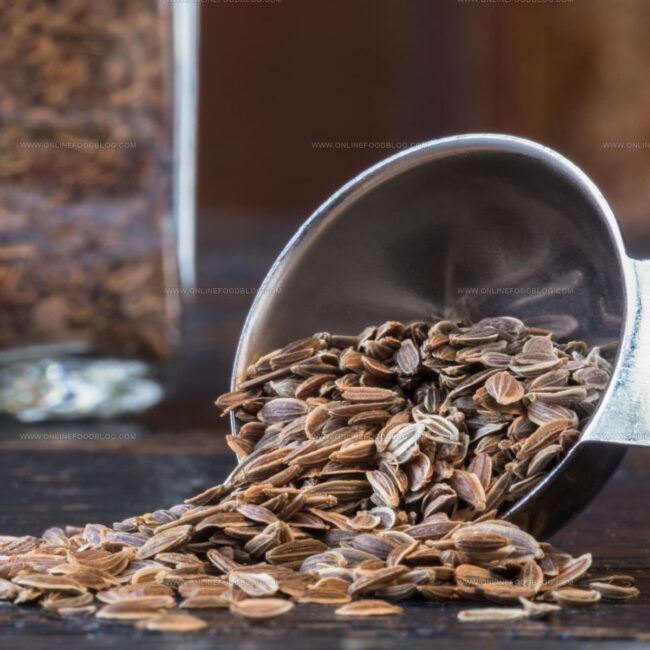
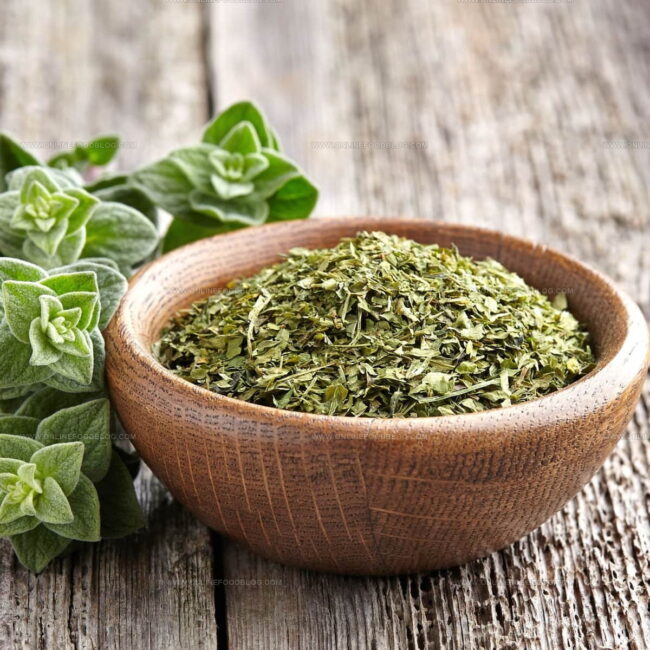
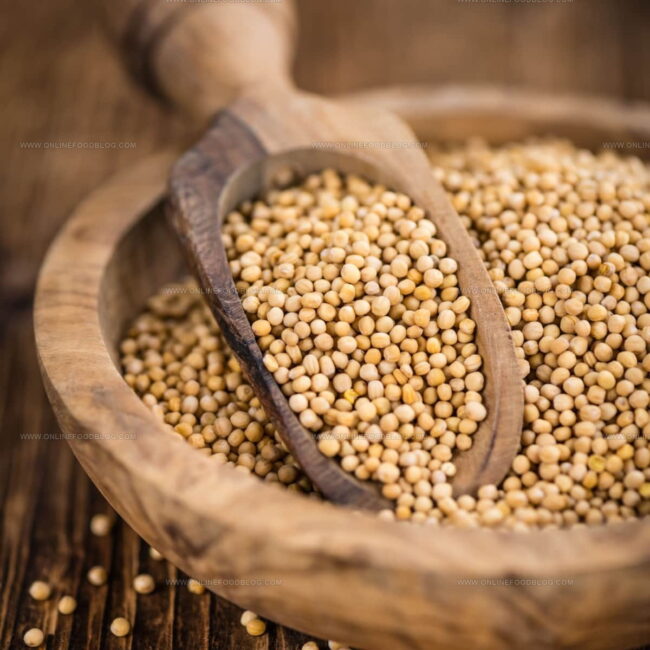
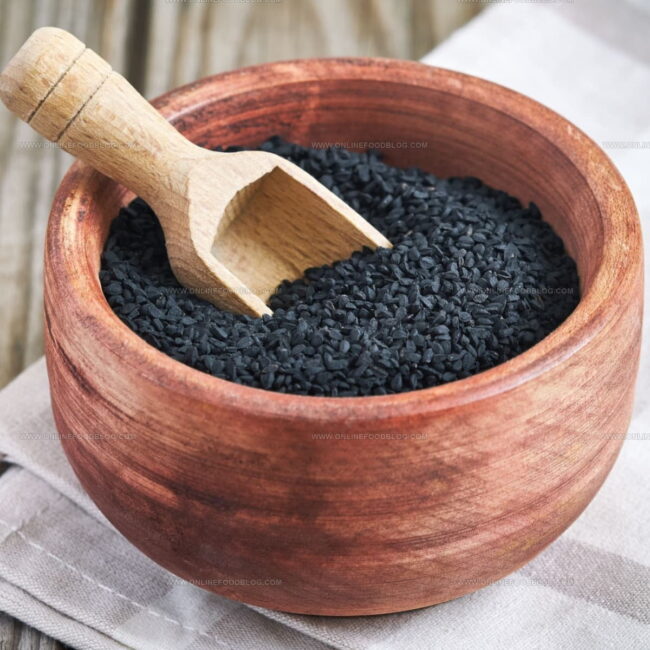
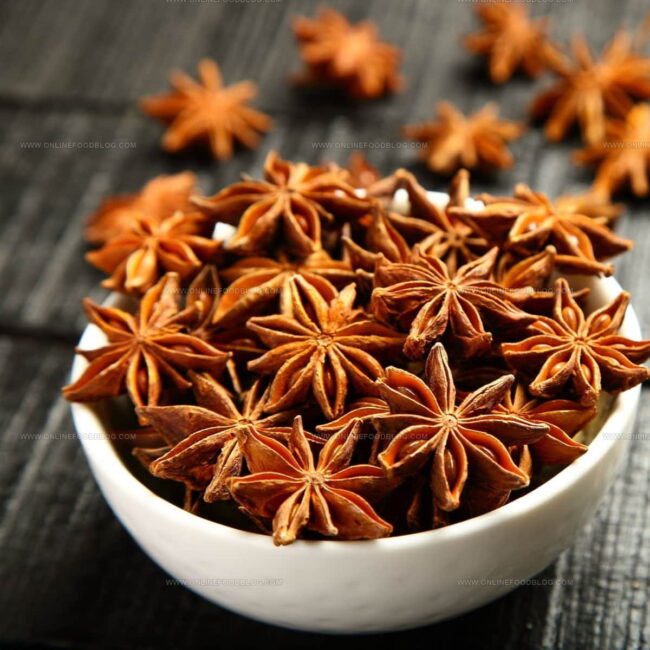
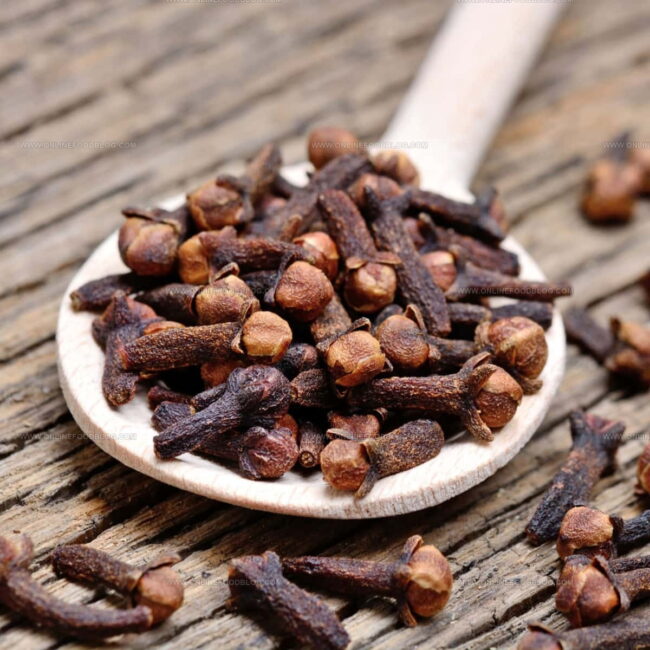
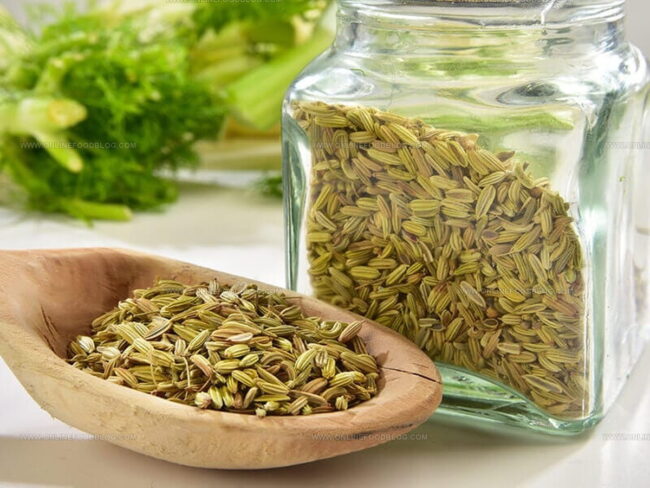
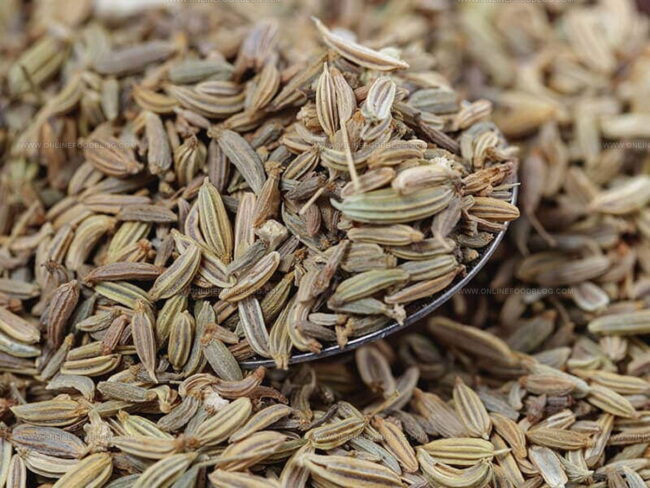
Mia Reynolds
Food Writer & Home Cooking Specialist
Expertise
Easy Home Baking, Recipe Writing and Storytelling, Local and Seasonal Ingredients, Baking for Beginners
Education
New England Culinary Institute (NECI), Montpelier, Vermont
Community College of Vermont, Winooski, Vermont
Mia Reynolds fell in love with baking as a teenager experimenting in her family kitchen. Her passion took her to New England Culinary Institute, where she learned practical pastry techniques, and later to Community College of Vermont to deepen her understanding of food management.
Mia combines clear, simple baking instructions with heartwarming stories, making home baking approachable for everyone.